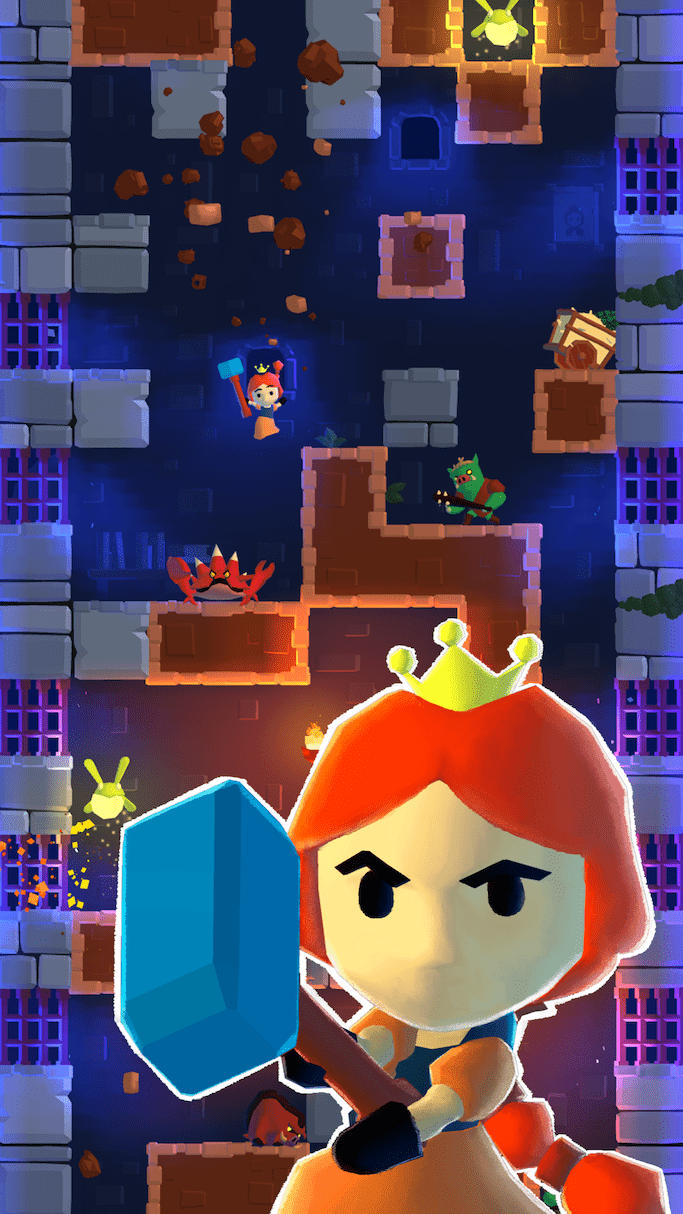
Pomelo Games uses Firebase to increase revenue by up to 35% without losing players

Introduction
As one of the top games studios in Uruguay, Pomelo Games takes their user experience seriously. With five popular games and an International Mobile Gaming Award nomination under their belt, the team at Pomelo Games prides themselves on developing unique and polished games that capture players' imaginations.
Their recent release, Once Upon a Tower, "is an easy-to-pick-up, hard-to-put-down, free-to-play game," says co-founder Jonás Mora. A Play Store Editors' Choice, the game is beloved for its high-fidelity graphics, as well as the "fairness of its free-to-play mechanics," says Jonás.
So when the team needed to improve the game's monetization, they were unsure how to proceed. How could they increase revenue without sacrificing the affordability their players loved?
Challenge
One idea was to include interstitial ads, but Jonás was initially opposed to the idea. "Personally, I would delete any game containing interstitials right after downloading it," he says, and he assumed Pomelo's price-conscious players would too. Still, he agreed to test his theory using Firebase.
The team used Firebase Remote Config and Firebase A/B Testing to test the effects of showing interstitial ads to their entire player base versus a specific sub segment. Then, they used Google Analytics to measure the impact on revenue. They also monitored Google Analytics for changes in retention and used Firebase Crashlytics to keep an eye on stability.

Solution
After two weeks of testing, the Pomelo team discovered that interstitial ads led to an average 25% increase in AdMob revenue and, surprisingly, a 35% increase in in-app purchases too. There was almost no effect on retention.
Jonás believes that interstitial ads led to an increase in in-app purchases because the game removes ads once a player makes a purchase, incentivizing transactions.
Inspired by their success with these Firebase products, in combination with Google Analytics and AdMob, Pomelo has now integrated Firebase tools into their entire portfolio of games. "We have another game in beta, and we're trying to make data-based design decisions to improve the retention," says Jonás. By testing earlier and more often, the team can now rely on data to optimize their games — no more guesswork required.
Results
35% increase in in-app purchases
25% increase in revenue from in-app ads
0% decrease in retention

"Firebase showed us how to monetize our games without sacrificing the game experience or driving players away. It gave us the confidence to try new approaches we never thought would work."
- Jonás Mora, Co-founder, Pomelo Games

